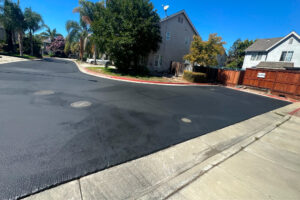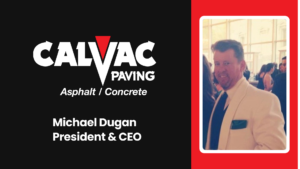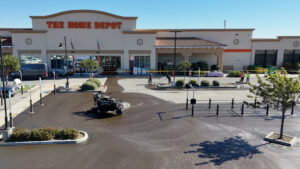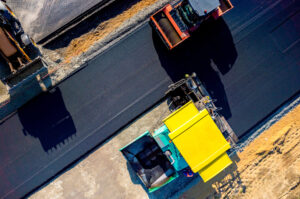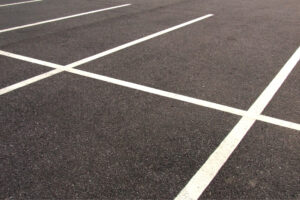See our work on social media:
Studies Show Cigarette Butts May Be The Next Hot Thing In Paving

Every year, about 6 trillion cigarette butts are produced worldwide, or about 800 discarded butts for every man, woman and child on the planet. Not only are these butts an unsightly and expensive waste disposal problem, but the toxic chemicals which the filters trap and contain leach out over time to poison soil, groundwater, rivers and oceans. Now, a researcher at RMIT in Melbourne, Australia says he may have found a surprising answer to this problem: incorporate cigarette butts into asphalt aggregate!
According to the researcher, by coating the butts with a combination of paraffin wax and bitumen, the black substance also known as “tar” that gives asphalt its distinctive properties, it is possible to trap toxins which used butts contain while repurposing them as a lightweight, flexible asphalt aggregate component. This reduces the overall weight of an asphalt mix design while removing a potential 1.2 million metric tons of waste from the planet’s biosphere.
Another interesting side effect of adding cigarette butts to asphalt is the reduction of heat. Asphaltic concrete has been directly linked to the so-called “urban heat island” effect, caused by vast amounts of asphalt in a relatively small area. Cigarette filters are mostly made from cellulose acetate, a fibrous material which is spun down to look and feel like cotton. This material serves as an insulator which filters out toxins in cigarette smoke while helping prevent burnt fingers for those who simply must light up. These filters reduce thermal conductivity and reduce the thermal density of the mix. When placed as part of a roadway the asphalt containing the filters absorb and diffuse more heat, resulting in a cooler surface temperature and less radiant heat being redirected into the environment.
The final paper on this study states that butts coated with bitumen satisfied requirements for medium- and heavy-traffic mix designs. This would apply to interstates and surface streets with heavy commercial volume. Streets in residential neighborhoods, parking lots not marked for commercial vehicles and similar applications might use paraffin-coated butts. In the study, the research team used 10kg, 15kg and 25kg (about 22, 33 and 55lbs respectively) of encapsulated cigarette butts per cubic meter (1.30795cu.yd) to determine the ideal asphalt mix.
Since cigarette smoking on a global scale isn’t likely to go away anytime soon, finding new ways to deal with this waste is becoming a more pressing problem every day. Estimates claim that the mass of discarded cigarette butts may increase by as much as 50% by 2025 because of the increase in global population. Knowing this, recycling these butts into asphalt and other lightweight construction materials, as the author of the study proposes, may help us all breathe just a little bit easier.
At Calvac Paving, we know we only have one planet, and it’s up to all of us to care for it the best way we know how. There’s no reason that building a solid product and being ecologically responsible should be mutually exclusive, and we’re always on the lookout for new ways to incorporate green ideas into our building design.. We will keep a close eye on this and other “green” developments in construction materials, so we can continue to deliver the most environmentally sound products and processes possible without compromising on quality or durability. It’s all part of our commitment to make the communities we serve, and the world we all share, a safer and healthier place for everyone.
Company
Services
Contact us
© 2025 All Rights Reserved.

